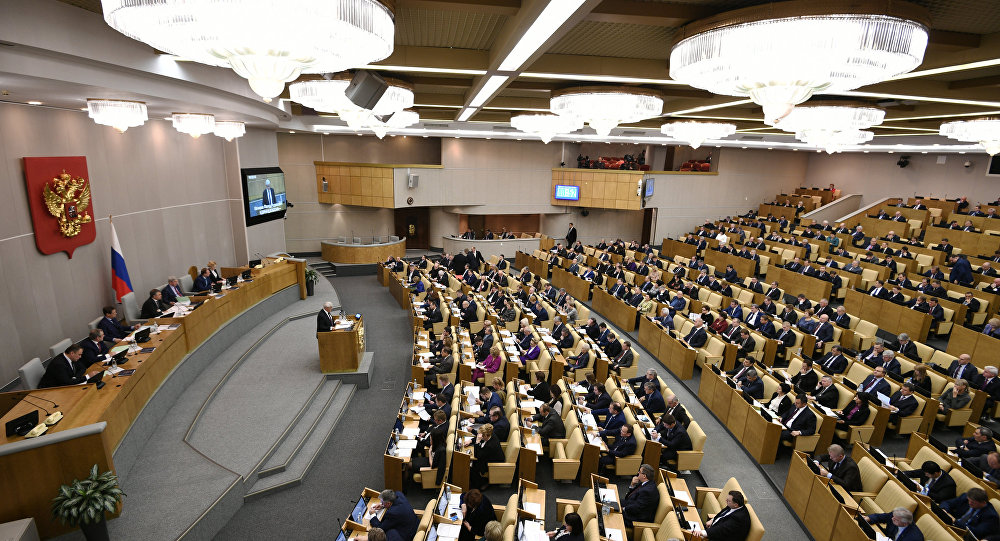In accordance with the Constitution of the Russian Federation, which is the main law in the country, parliamentary hearings are held in the State Duma. This is clearly enshrined in paragraph 3 of Article 101. They are carried out exclusively on issues that are the responsibility of this body, do not have the right to affect those that are not within their competence.
The concept
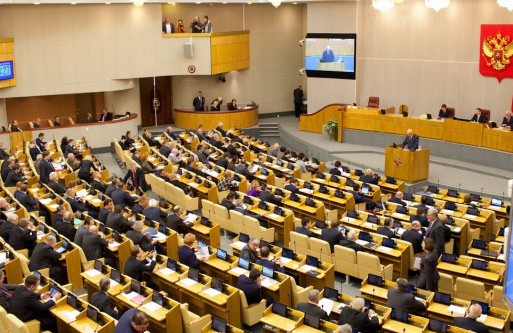
In the Russian Federation, as in almost all other countries, scientists adhere to a single concept of the term parliamentary hearings. It is understood as a discussion by the legislative body (parliament) of particularly significant issues relating to the state’s internal and foreign policy in an organized form with the involvement of experts as well as the public.
Such meetings can be both open and closed. Journalists are allowed to be invited to the first type of parliamentary hearings in Russia, but the latter can only be visited by deputies and officials who are directly responsible for the issue under discussion in the country. Closed hearings discuss issues related to state or other secrets, as well as those that, due to circumstances, should be confidential.
Responsible persons
Parliamentary hearings in the State Duma cannot be organized without responsible persons. They always start with someone else's initiative. In the country, such bodies may be the Council of the State Duma, various committees and commissions existing in it, as well as a number of factions.
Rules for creating a parliamentary hearing in the Duma
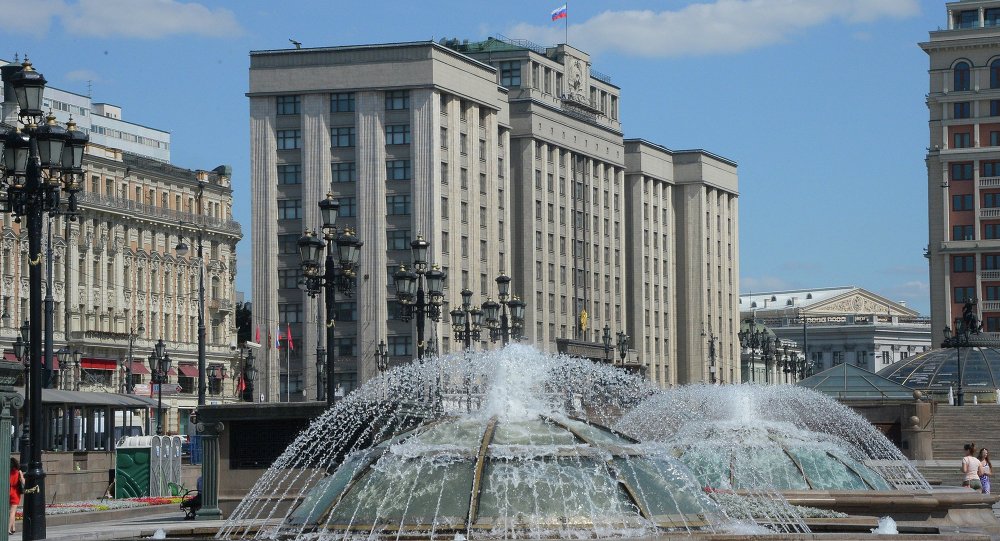
As soon as the competent authority submits the issue of holding new hearings at the Council meeting, when a positive decision is made, the date of their holding is immediately determined. After this information must be transmitted to the media, as well as data on the topic of the parliamentary hearings, place and date of their holding. All this is published no later than 10 days before the start of the discussion in order to notify the population.
After that, the committees and commissions of the State Duma, which are responsible for holding parliamentary hearings, determine the composition of the persons who should be present for discussion. Responsible committees are directly appointed by the Council of the State Duma, as well as other units of the apparatus, which should take part in a comprehensive discussion.
Standard parliamentary hearings in the Russian Federation are held in the State Duma building located in Moscow, but in some cases it is allowed to hold them in buildings owned by federal government bodies by prior agreement. All the financing that the committees need to conduct the discussion is handled directly by the Council, but at the same time, an order of the Chairman of the State Duma must also be issued on this issue.
Participants in the parliamentary hearings
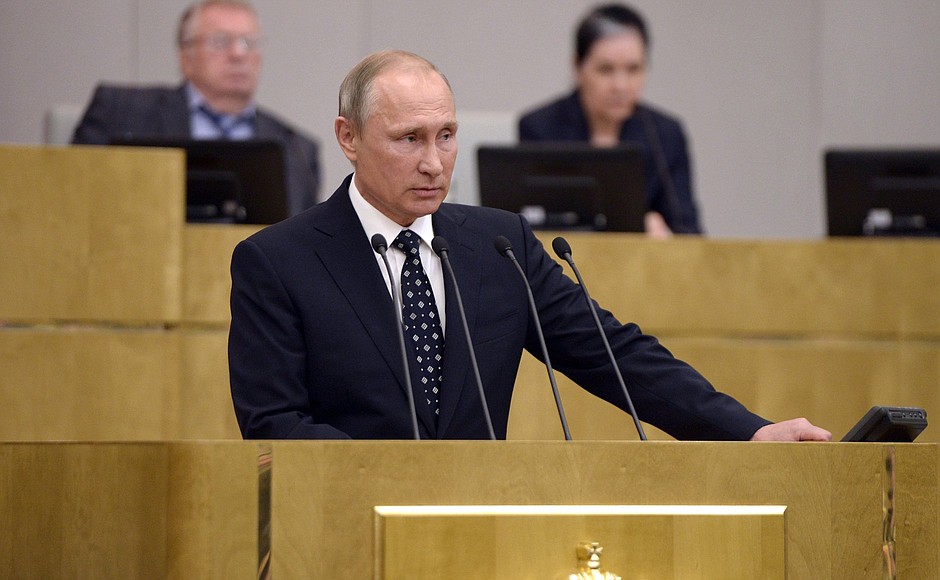
As a rule, the State Duma holds open hearings, which are accessible to representatives of the media, various public associations, and indeed the public at large. Exceptions to this rule are closed discussions, the decision on which is taken directly by the Council of the State Duma. Such closed parliamentary hearings operate on the basis of the rules, and therefore have their own number of features.
In addition to the media, there are also a number of people whose presence at the discussions is, although not mandatory, but always welcome. However, it does not matter at all whether closed or open hearings are held.These include the president of the Russian Federation, as well as his plenipotentiary representative in the State Duma. The presence of the chairman and other members of the Federation Council and the government is permitted. The judiciary also has the opportunity to participate in the dialogue - members of the Constitutional and Supreme Courts of the country are allowed to enter. The Chairman of the Accounts Chamber, his deputies and auditors, the Attorney General, Commissioner for Human Rights, the Chairman of the Central Election Commission - all of the above persons have an open invitation to any parliamentary hearing.
Appointment Procedure
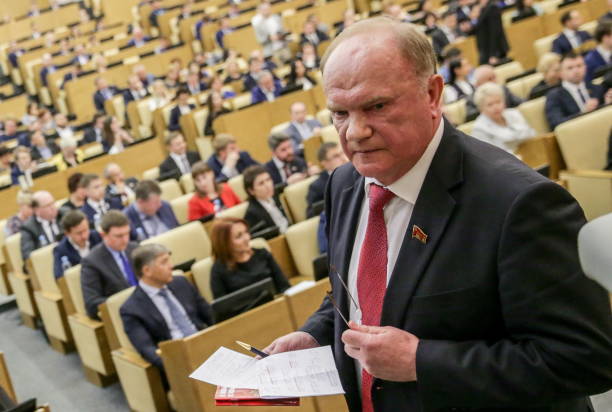
The hearing itself must be conducted by the chairman of the State Duma. However, if necessary, a list of persons who can replace it is legislatively approved. These include the deputy chairman, as well as the chairmen or deputies of the responsible committee or commission, but only by prior request.
The responsibility of the person who is responsible for the chairmanship, in addition to overseeing the discussion of deputies and other delegates, includes the obligatory provision of a word for speech. He also speaks with all the messages on the agenda.
The very dates and procedure for holding parliamentary hearings are decided previously by the Council of the State Duma based on the list and nature of the issues discussed. That is why, without a particular decision, the Duma does not hold such discussions directly during its ordinary meetings. In addition, it is also unacceptable to hold them between the sessions, as well as during work with voters, in order to prevent their influence on the electorate in order to increase popularity.
Holding a hearing
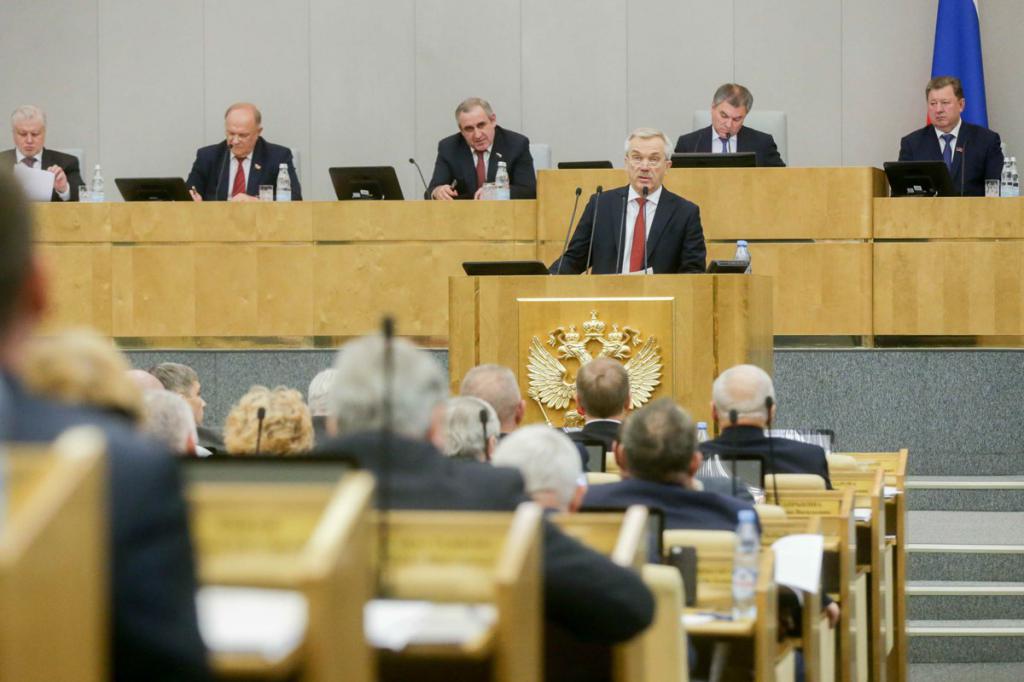
At the very beginning of the parliamentary hearing, the presiding person must make a short opening speech. It is in it that he outlines the agenda, its significance for the country at the present stage. The list of invited persons and the procedure itself are also announced.
Next, the floor is given to the chairman of the committee responsible for the issue. In total, his speech should not take more than 20 minutes, however, he is obliged to provide a full report on the issue discussed at the meeting. After that, other deputies of the State Duma and invited persons may take part in the discussion. However, it should be borne in mind that they do not have the opportunity to speak out if the presiding judge has not given them permission.
After the speech, a series of questions begins - they can be asked by any persons or deputies present in writing or orally, and an answer to them is mandatory.
The procedure for holding parliamentary hearings is strictly regulated. Any violators may be removed from the courtroom by decision of the presiding person, even because of shouts or applause, which are considered interference with the hearing.
End of hearing
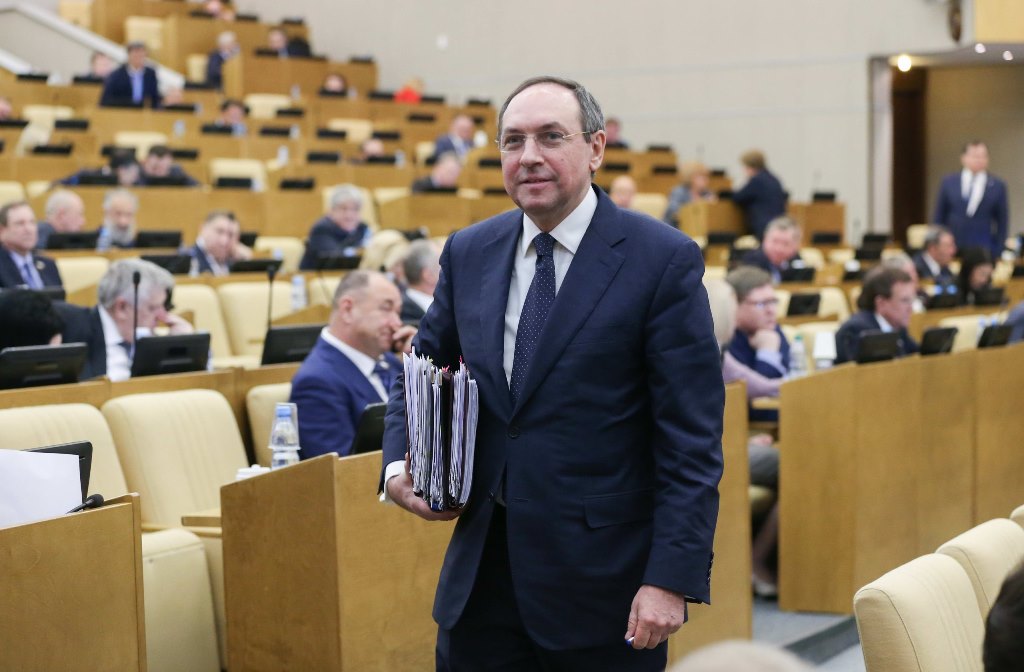
Ultimately, such hearings in the State Duma end with the adoption of a certain decision on the issue discussed at the meeting. All recommendations and advice made during the discussion are adopted exclusively by voting, and approval should be given by the majority of deputies who participated in the meeting.
Logging
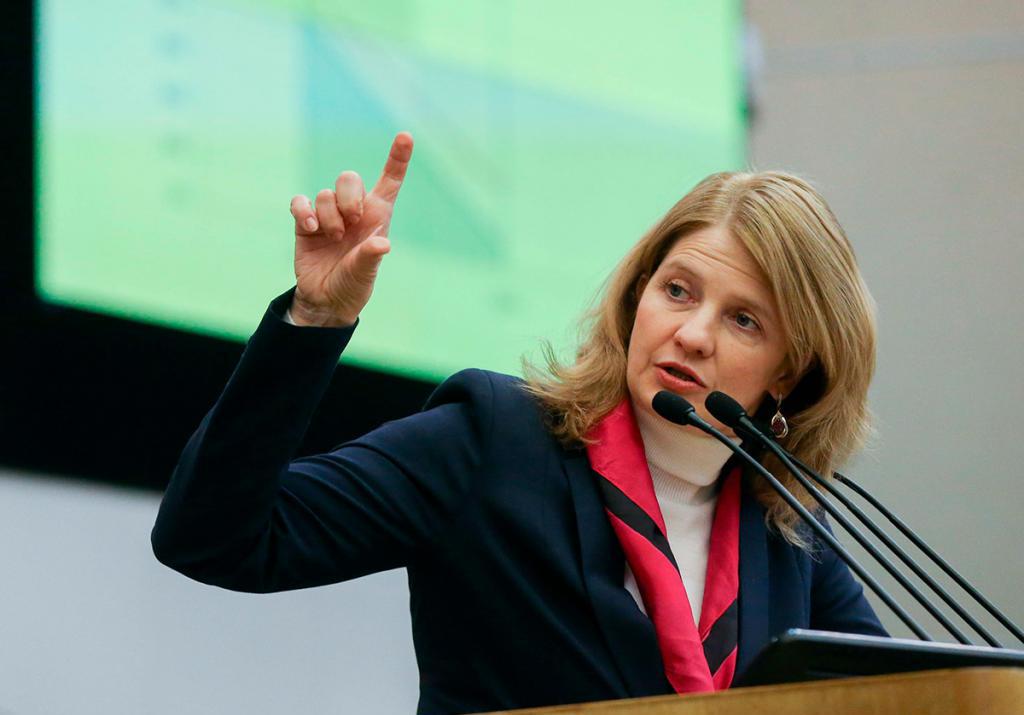
Open parliamentary hearings should be accessible to anyone, so a special protocol and shorthand are mandatory. After the hearing, the minutes are signed by the chairperson, which confirms its validity.
After this, copies of the transcripts, materials and recommendations made during the hearing within 10 days are sent to various committees and commissions that were responsible for conducting the hearings themselves.
Also, a copy is sent to the Parliamentary Library, which guarantees the possibility of acquaintance with the materials to any reader who is interested in this issue, as necessary. Also, some recommendations can be published or posted on the Internet for general familiarization on the official website of the State Duma of the Russian Federation.
It should be borne in mind that any information and minutes of closed hearings are allowed for familiarization only to deputies of the State Duma, the president and the government, as well as representatives of state bodies that directly participated during the meeting.
"On Migration Policy"
In April 2018, the State Duma held parliamentary hearings on issues related to migration policy in the countries of the CIS. On the agenda was not only the fight against abundant illegal migration, but also the question of the repatriation of compatriots. After the collapse of the USSR, when the whole space was considered one country, several tens of millions of citizens of other countries entered the country, which represents a strong migration flow. Initiatives of the Ministry of Internal Affairs in this area were examined, such as the mandatory conclusion of an employment contract for the implementation of work, as well as the initiative of the "rubber offices".
"Improving the state policy for the protection of atmospheric air"
This parliamentary hearing was held on March 20, 2018 and addressed environmental issues that are so relevant in modern times. Informally, it was announced that this year is becoming the year of air protection, which directly comes from the end of the year of ecology. During the discussion, decisions were made on the use at enterprises of the best technical equipment that would prevent large-scale emissions.
In addition to modernizing enterprises, the issue of the development of environmentally friendly personal transport was also considered. To date, car emissions are a serious source of air pollution, especially in cities. The discussions examined the possibility of reducing this impact, as well as constant and new control over the distribution of the fleet in the country. It is also recommended to optimize the entire transport system that is available in Russia. This agenda came directly from President Vladimir Putin, who in his message recognized quality air as one of the dominant directions of his policy.
